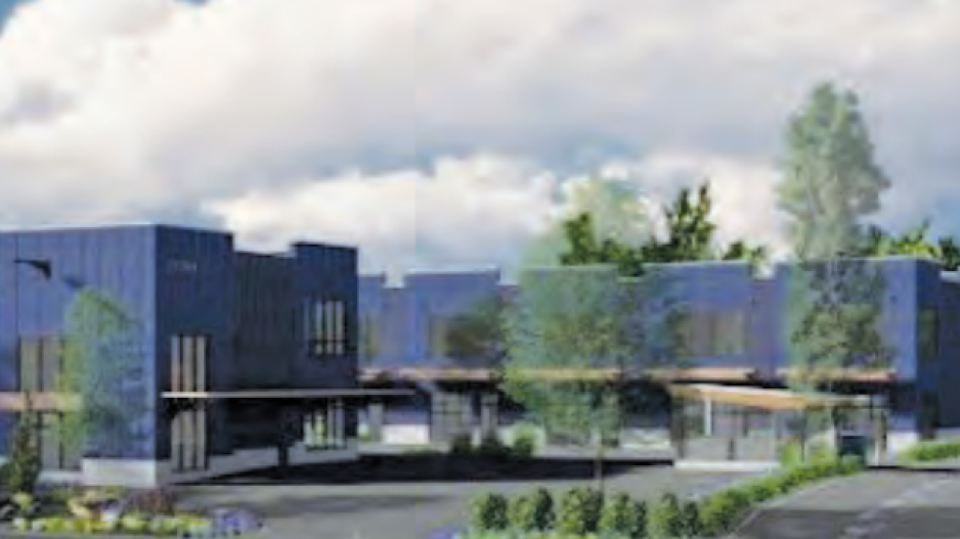Metro Vancouver’s rapidly diminishing base of industrial land is forcing industry to consider new ways to serve demand that shows no signs of slowing down.
“We’re at a critical land supply shortage in the region, and persistent vacancy below one per cent and we need to find creative solutions to create new supply for the market,” said Jason Kiselbach, senior vice-president and regional managing director in Vancouver with CBRE Inc.
Metro Vancouver released a survey of the region’s industrial land supply last year that identified 3,126 acres of vacant, undeveloped industrial land. But it noted that not all those properties are suitable for current users, meaning absorption lags behind demand.
The report notes that the average size of parcels is less than five acres, too small for major warehouse development. While the report suggests that the supply could last into the 2030s, CBRE suggests that realistic estimates put the developable land supply at closer to six to eight years.
“You just can’t deliver supply fast enough. It’s just being absorbed, and we don’t see that demand drying up in the near term,” Kiselbach said. “We’re not able to get more of that supply to the market.”
According to CBRE’s industrial market report for the first quarter, Vancouver leads the country with the highest asking sales price of $575 per square foot, followed by Toronto at $346. But in markets such as Richmond, prices are cresting at $750 a square foot.
The impacts of such dramatic escalations are felt across the market.
While approximately nine million square feet is under construction in Metro Vancouver, 80 per cent is spoken for. Moreover, upward pressure on lease rates has made landlords reticent to enter long-term leases unless there’s room to reset rents midway through.
But relieving pressure on lease rates in a space-constrained market like Vancouver won’t be easy.
With several uses competing for available sites, all users have to make better use of the land base they’ve got. This favours strata units, which are typically smaller units that lend themselves well to densification. Stacking is more difficult for large-format warehouses, which require cross-docking and parking.
Sometimes, it takes creative thinking – and lots of patience – to secure additional land.
Conwest Group hopes to develop a 600,000-square-foot warehouse on three parcels in Langley adjacent to Gloucester Industrial Estates. A 2017 court decision cleared the way for exclusion of the properties from the Agricultural Land Reserve. Conwest Group satisfied the conditions necessary for exclusion earlier this year. Rezoning of the site passed third reading on May 9, and the proposal will next head to Metro Vancouver for approval.
Conwest COO Ben Taddei said the process illustrates the potential for projects to move forward in the region but admitted there are plenty of hurdles left to clear. Construction is unlikely for at least three years.
Some developers and tenants are looking further afield.
Tanavoli Investments Inc. has secured land in Squamish for two new industrial buildings, approved in 2020. Last summer, Denciti Development Corp. and Kadestone Capital Corp. bought 8.5 acres in Squamish to serve local companies.
Similarly, Beedie Development Group recently unveiled plans for the Stratosphere Business Centre on 14.7 acres adjacent to Kelowna International Airport.
The fundamentals of the Kelowna market are good, said Beedie president of industrial Todd Yuen. His company is Western Canada’s largest private industrial developer and property manager with 11 million square feet under management. The city’s growing population and strategic location make it ideal for mid-sized companies looking for a regional location.
But some companies are taking a close look at relocating further afield.
“We’re hearing from clients that own properties in both provinces now that they’re seeing the same names show up on tour sheets in both Vancouver and Calgary, and sometimes Edmonton as well,” Kiselbach said.
The situation underscores the need to free up land in the Lower Mainland and speed approval processes.


